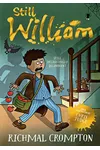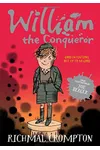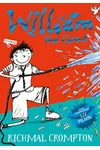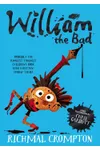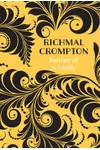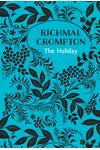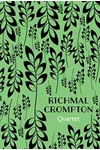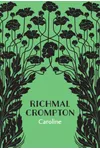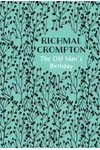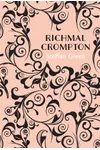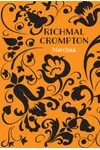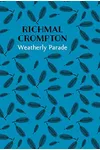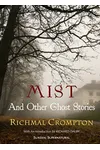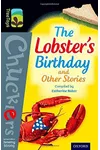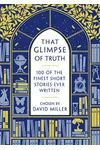Picture an English storyteller who spun tales of a scruffy, mischievous schoolboy that charmed generations—meet Richmal Crompton! Born in 1890, she created the beloved Just William series, capturing the heart of children’s literature with humor and heart. Despite personal battles with polio and breast cancer, Crompton’s wit and resilience shone through, crafting stories that remain timeless.
Her 39 William books and 41 adult novels paint a vivid picture of English life, blending sharp social commentary with playful antics. Let’s dive into the world of this remarkable author whose stories still spark joy.
The Making of Richmal Crompton
Richmal Crompton Lamburn was born on November 15, 1890, in Bury, Lancashire, to a clergyman and schoolteacher father. A bright student, she attended St Elphin’s Boarding School and later earned a Classics degree from Royal Holloway College in 1914, joining the Women’s Suffrage movement along the way. She returned to St Elphin’s as a Classics teacher before moving to Bromley High School, where her writing career began to blossom. In 1923, polio left her without the use of her right leg, prompting her to leave teaching and pursue writing full-time.
Her early stories, published in magazines like The Girl’s Own Paper, hinted at the mischievous spirit that would define William Brown. Inspired by her nephew Tommy’s antics, Crompton channeled her observations of family and village life into her work, creating a legacy that would outlive her.
Richmal Crompton’s Unforgettable Stories
Crompton’s Just William series, launched in 1922, introduced William Brown, an 11-year-old troublemaker whose schemes—think impromptu theater productions or misguided Robin Hood adventures—always go hilariously awry. The 39 books, from Just William to William the Lawless (1970), sold over 12 million copies in the UK alone. Her deadpan humor and rich vocabulary, with words like “unctuous” and “laconically,” elevate the stories, making them as enjoyable for adults as for kids.
Beyond William, Crompton penned 41 adult novels, like The Innermost Room (1923) and Family Roundabout (1948), focusing on village life in the Home Counties. These works, darker and more introspective, explore themes of societal constraints and human quirks, though they never matched William’s fame. Her short story collections, such as Mist and Other Stories (1928), reveal a knack for blending humor with poignant social observation, showcasing her versatility.
Originally written for adults, the William stories became children’s classics, adapted into radio, TV, stage, and film. Crompton’s ability to capture the absurdity of childhood and the quirks of English society cemented her as a literary gem.
Why Richmal Crompton Matters
Crompton’s work transcends generations, offering a window into early 20th-century England while celebrating the universal chaos of childhood. Her William stories inspired works like Neil Gaiman and Terry Pratchett’s Good Omens, which echoes the Outlaws’ gang dynamic. Her influence on crossover fiction—stories appealing to both kids and adults—helped shape modern children’s literature.
Despite her disability, Crompton lived a full life, writing prolifically and engaging with her community. Her archives at Roehampton University and a Bromley pub named in her honor testify to her enduring legacy. For readers, her stories remain a joyful escape, proving laughter and mischief never go out of style.
About Richmal Crompton
- Born: November 15, 1890, in Bury, Lancashire, England
- Key Works: Just William (1922), More William (1922), Family Roundabout (1948)
- Notable: Contracted polio in 1923 and survived breast cancer in her 40s
- Died: January 11, 1969, after a heart attack
Snag Just William and dive into Richmal Crompton’s hilarious, heartwarming world of mischief and mayhem!





